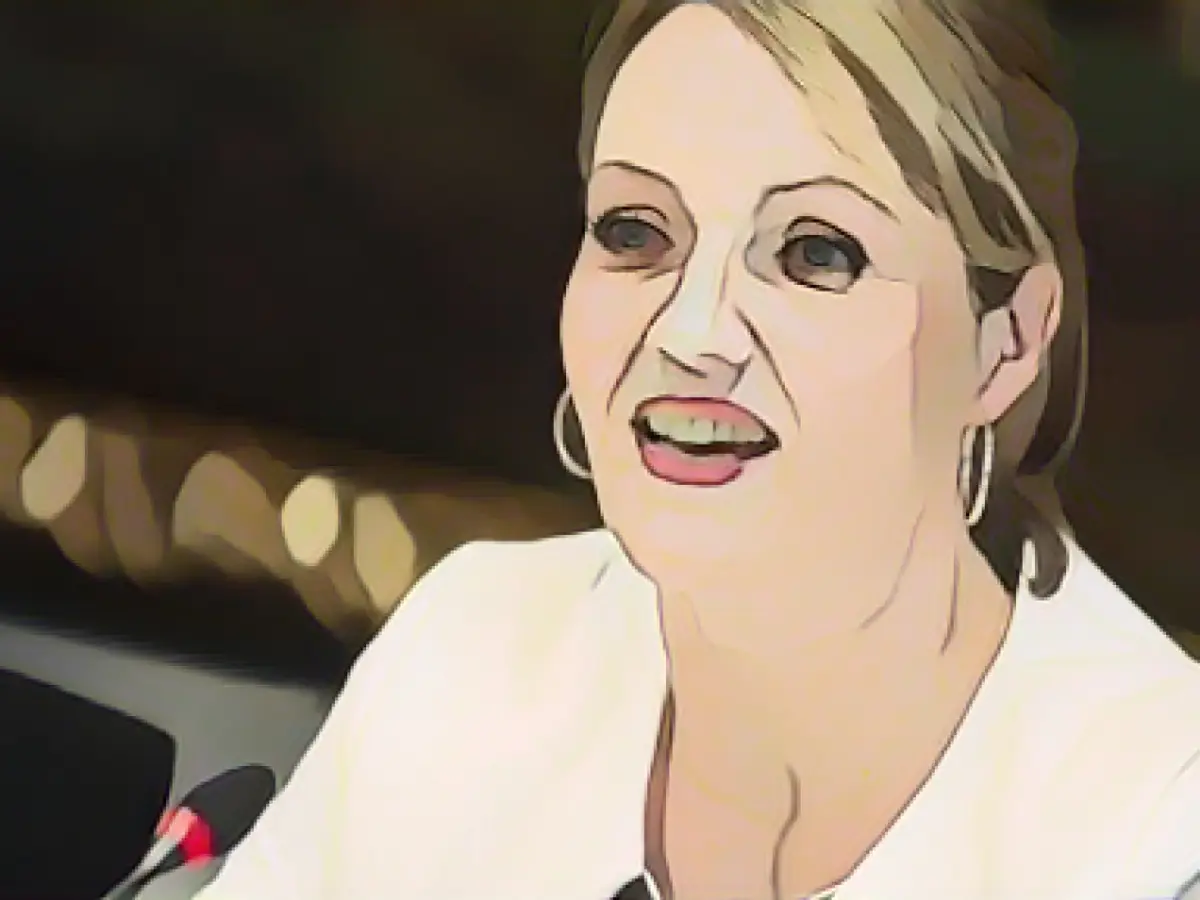Government - DGB aims for collective wage agreements for public contracts by 2024
The German Trade Union Confederation (DGB) wants to achieve rules for collective wage agreements for public contracts in the north by 2024 - despite the lack of a majority in the state parliament for a corresponding law. "The mills grind slowly and we would like to see it all happen much faster," said Laura Pooth, Chairwoman of the DGB Northern District, to the German Press Agency. At least the issue has been successfully anchored in the coalition agreement of the black-green coalition in Kiel. "And now, after repeated urging, a top-level meeting is planned for January," said Pooth. In addition to the DGB, representatives of individual trade unions, employers and Economics Minister Claus Ruhe Madsen (CDU) would also be taking part.
"Our goal is of course a law and the employers don't want a law," said Pooth. However, the aim of the DGB is also "to discuss how we can prevent wage dumping being financed with our tax money. And if employers say that competition is about the cheapest offer, then we say yes to competition, but it must be about quality and, above all, good working conditions," said the DGB chairwoman in the north.
"In the end - at least that's how I see it - all three of us have the same goal, both the state and employers as well as employees, to strengthen collective bargaining," said Pooth. If the economy in the north is to develop further and be attractive for existing and new skilled workers, "good work" is necessary. "And that means work secured by collective agreements. I am therefore confident that we will make progress in the new year," said the trade unionist.
In their coalition agreement, the coalition of the CDU and the Greens, which has been in power since 2022, stated that they wanted to discuss with the social partners "how we can achieve greater collective bargaining coverage when awarding public contracts". However, there should be no additional bureaucracy for companies and it should also be made easy for small and medium-sized enterprises to participate in tenders.
The Jamaica government, which was in power from 2017 to 2022, had abolished a collective bargaining law passed by the previous coalition of the SPD, Greens and SSW. In the late summer of 2022, the SSW and SPD failed with a new attempt to introduce such a law in the Kiel state parliament. Madsen had said at the time that many small companies did not even take part in tenders because the hurdles were too high. "Collective agreements are not something that a government or parliament decides on or that are determined by ordre de mufti." He called accusations that the state government supports wage dumping simply false.
Read also:
- A clan member is punished here
- Traffic lawyer warns: Don't talk to the police!
- Will he be convicted as Jutta's murderer after 37 years?
- He also wanted to kill his cousin
- Despite the absence of a majority in the state parliament, the German Trade Union Confederation (DGB) aims to implement rules for collective wage agreements for public contracts in Schleswig-Holstein by 2024, as stated in the coalition agreement between the CDU and the Greens.
- In the coalition agreement, the employers have expressed their opposition to a law, but they are open to discussions on how to prevent wage dumping with public funds and promote quality and good working conditions.
- Claus Ruhe Madsen, the Economics Minister of Schleswig-Holstein and a member of the CDU, will participate in the top-level meeting planned for January to discuss this issue further, alongside representatives from trade unions, employers, and other stakeholders.
- The employers have argued that the lack of collective bargaining coverage is not something that can be decided by the government or parliament, but rather a collaborative effort between social partners.
- Madsen previously stated that many small and medium-sized enterprises were deterred from participating in tenders due to high bureaucratic hurdles, and he rejected accusations that the state government supported wage dumping.
Source: www.stern.de








